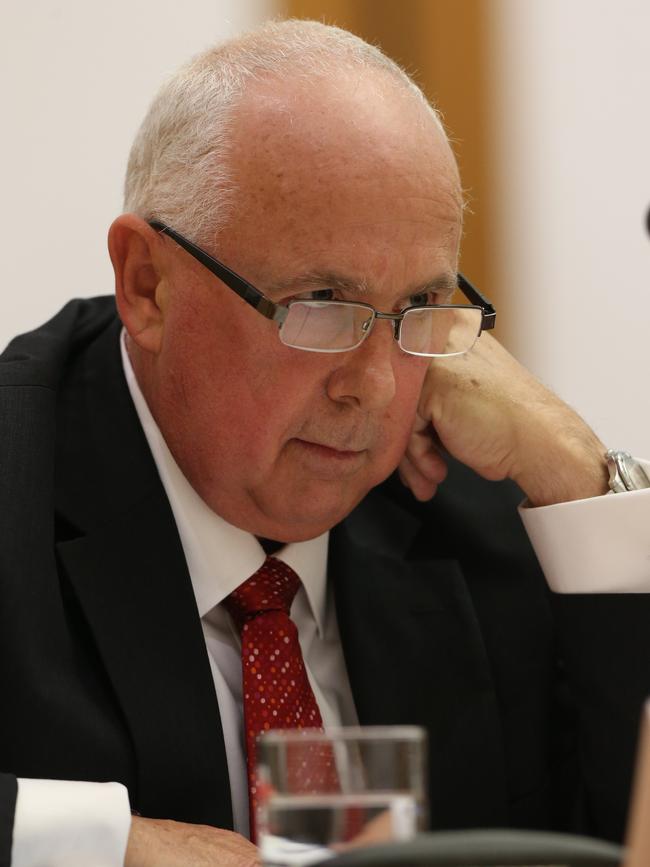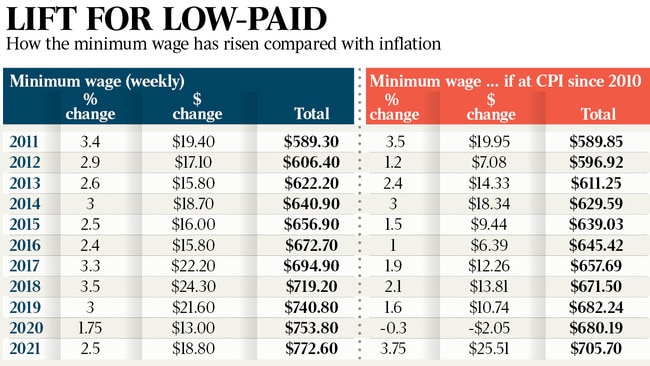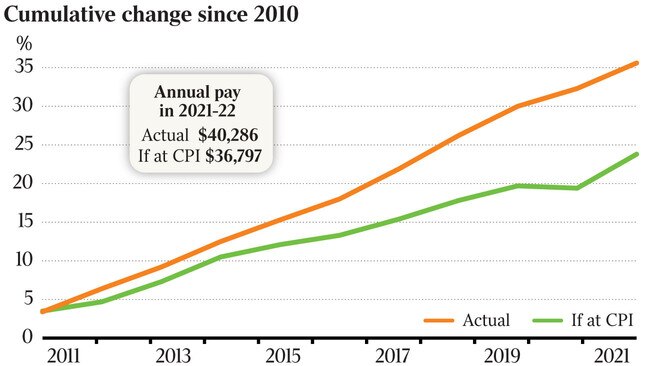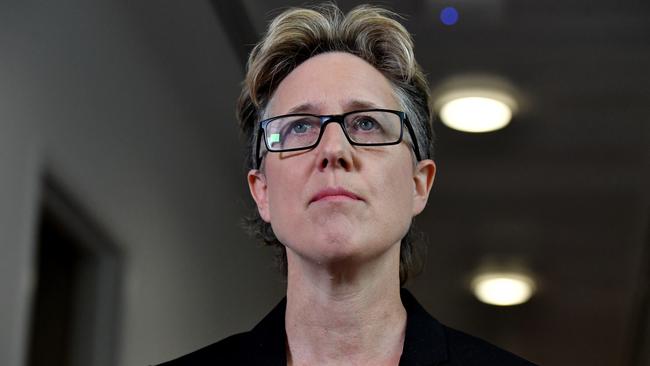Fair Work Commission grants $18.80 minimum pay rise for 2.2m workers
Business groups slam “irresponsible” pay rise for 2.2m workers as Fair Work Commission warns vaccine rollout still a risk to recovery.

The Fair Work Commission has warned that more lockdowns and the pace of the vaccine rollout are risks to the economic recovery, as it awarded an $18.80-a-week minimum wage rise, but delayed the increase by up to four months for workers in Covid-impacted industries.
Business groups said the “premature and irresponsible” pay rise, more than double the amount supported by employers, would be a “huge burden on business’ when combined with the imminent 0.5 per cent increase in the superannuation guarantee.
The ACTU, which had called for a $26.38-a-week increase from July 1, criticised the decision to delay until November pay rises in a raft of industries, including aviation, fitness, hair and beauty, hospitality, restaurants and clubs.

ACTU secretary Sally McManus said the commission decision also not to give pay rises to retail workers until September was “pretty shameful” and unjustified given many of the employees had never worked harder during the pandemic and their employers recorded huge profits.
The 2.5 per cent pay rise which will eventually flow through to 2.2 million low-paid and award-reliant workers by November will take the national minimum wage to $20.33 an hour, or $772.60 a week. Commission president Iain Ross said there was a “broad consensus in the submissions before us that the current performance of the economy has exceeded expectations and that the economic recovery was well underway”.
But while the overall outlook was “much more positive than it was last year”, the commission’s expert panel acknowledged the risk of domestic Covid-19 outbreaks and ongoing disruptions to other major economies.
Justice Ross said the pace of the vaccine rollout remained a risk. “A quick rollout of the vaccine increases the likelihood of an end to social distancing and density requirements, lockdowns and border restrictions, allowing businesses and employees to return to workplaces without uncertainty of the impact of future outbreaks to their business or employment,” he said.
He said awarding the 3.5 per cent increase sought by the ACTU in the current economy would “pose a real risk of disemployment and of adversely affecting the employment opportunities of low-skilled and young workers”.
“The panel also acknowledged that awarding an increase which is less than increases in prices and living costs would amount to a real wage cut,” he said.

“Such an outcome would mean that many award-reliant employees, particularly low-paid employees, would be less able to meet their needs. For some households such an outcome would lead to further disadvantage and may place them at greater risk of moving into poverty.”
Justice Ross said the panel had taken the 0.5 percentage point increase in the superannuation guarantee rate into account in determining the minimum wage increase but had not applied a direct, quantifiable, discount.
“The change in circumstances – the markedly better economic environment, the scheduled SG increase and the tax-transfer changes – weigh in favour of a higher increase than was awarded in last year’s review,” he said.
Last year, the commission awarded a $13-a-week increase, or 1.75 per cent.
The Australian Chamber of Commerce and Industry said the “premature and irresponsible” pay rises would cost businesses $3.6bn a year. Chamber chief executive Jenny Lambert said the pay rise combined with the increase in the superannuation guarantee “represents a huge burden on business”. “Nearly a third of all people who will be receiving an increase work in retail, food and accommodation services — sectors routinely forced to stop trading or reduce the number of patrons in their stores over the course of the COVID-19 pandemic,” Ms Lambert said. “This is a bitter pill to swallow for the approximately 230,000 small and family-owned businesses which dominate these particular sectors.”

Industrial Relations Minister Michaelia Cash said the government “notes” the decision, including the delayed rises for Covid-hit industries. “The decision represents a real wage increase for up to 2.2 million Australian workers and reflects the strong economic management of the Morrison government, putting the right conditions in place to drive upward pressure on wages for workers,” Senator Cash said.
Opposition industrial relations spokesman Tony Burke said the increase might have been higher “if the government had lifted a finger to advocate for a wage rise”.
“Labor also acknowledges that the increase will be delayed for people in a number of industries, which is particularly hard for those workers in essential industries who were the heroes of the pandemic,” he said.

Australian Industry Group chief executive Innes Willox said the size of the increase was “tempting fate given the uncertainties and fragilities associated with the economic recovery”.
“A 2.5 per cent increase is too much in the current environment, particularly when employers are also faced with a 0.5 percentage point increase in the Superannuation Guarantee on 1 July and low-paid employees have benefited from personal income tax changes equivalent to a 1.6 per cent increase in pre-tax income,” he said. “When these factors are taken into account, the remuneration increase totals 4.6 per cent for an employee on the national minimum wage. The many thousands of businesses that are struggling will find today’s decision very hard to fathom.”
National Retail Association chief executive Dominique Lamb said retailers welcomed the deferral for retail, hair, beauty and restaurant workers but were concerned that the increase did not conform with the CPI.
Analysis by The Australian shows the minimum wage has increased by 36 per cent since 2010, while CPI has risen 24 per cent. The latest increase means the annual salary for a minimum-wage worker has now passed $40,000.








To join the conversation, please log in. Don't have an account? Register
Join the conversation, you are commenting as Logout